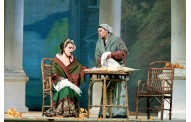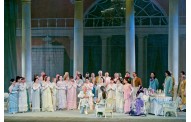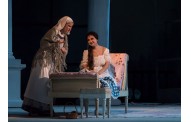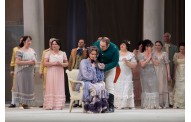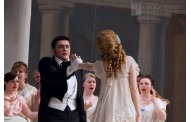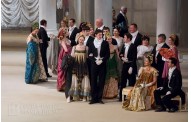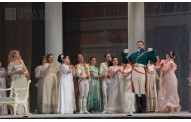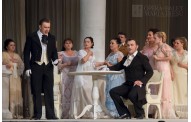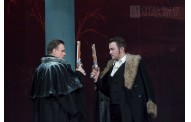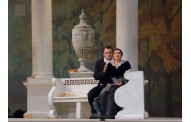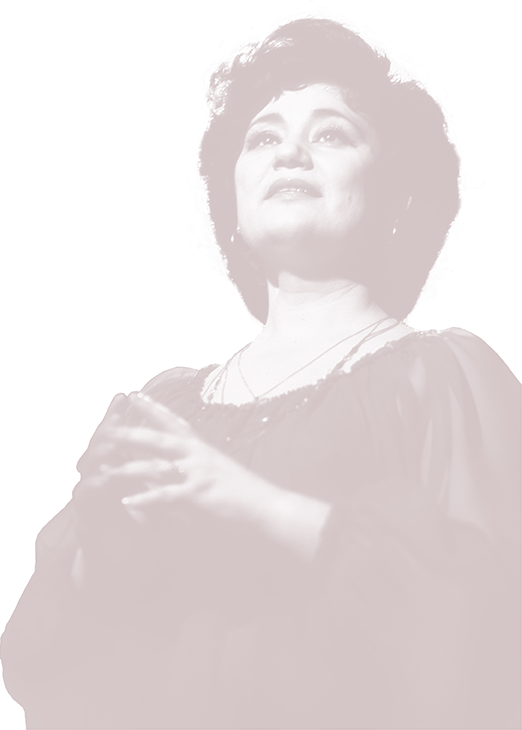
Conductor:
Original name: Евгений Онегин
Libretto: Pyotr Tchaikovsky and Konstantin Shilovsky
After the novel in verse with the same name by Alexander Pushkin
World Premiere: March 29, 1879, at Small Theatre, Moscow.
Premiere in Chishinau: December 13, 1956, at the Moldova State Theatre of Opera and Ballet
Premiere of the current version: March 2, 1985, at Academic State Theatre of Opera and Ballet
Stage Director: Eleonora Constantinov, People's Artist
Set Designer: Veaceslav Ocunev
Costume Designer: Irina Press, Master of Arts
Choreography: Anatol Carpuhin
Running time: 3 hours 30 min (two intervals)
Opera is presented in Russian
Subtitles in Romanian

